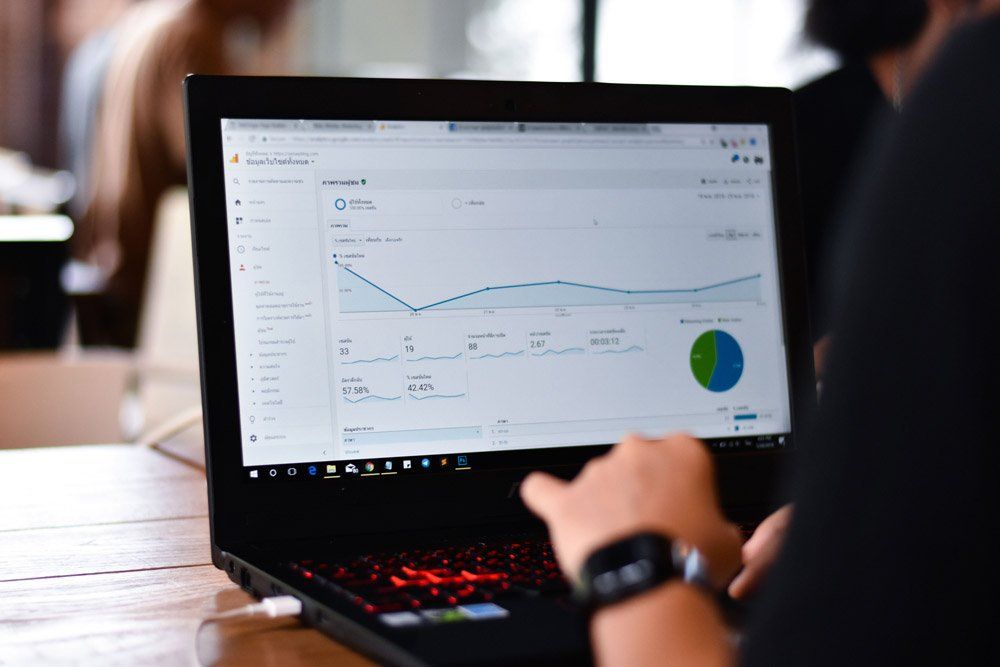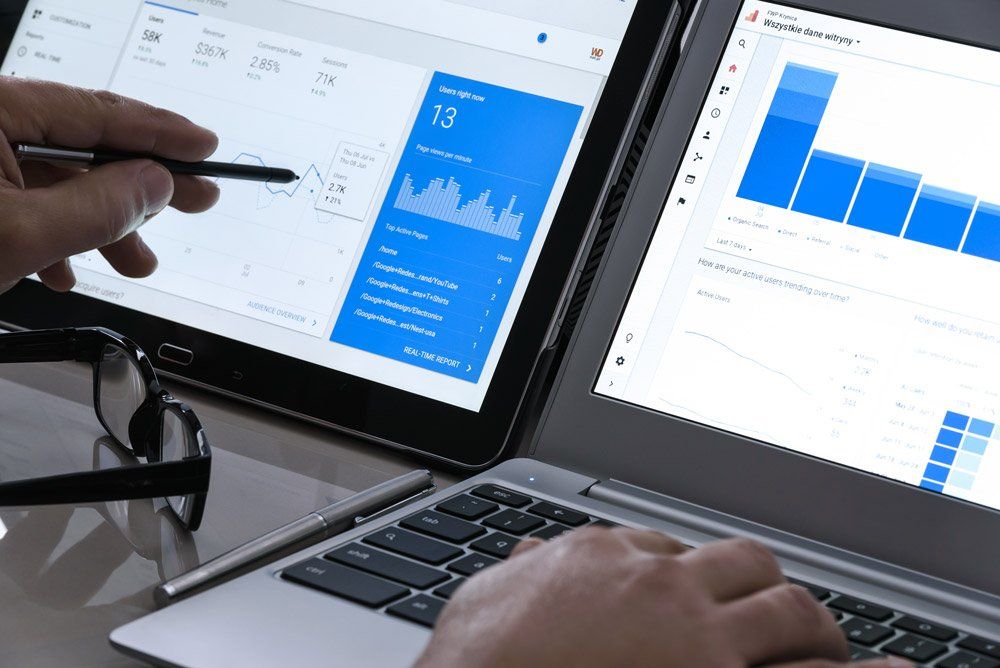SEO: The basics you need to know
What is SEO?
SEO stands for Search Engine Optimisation.
It’s a set of practices which improve the positioning and appearance of web pages on the SERP (Search
Engine
Result
Page). As people are searching everyday, organic search is a prominent way for people to discover online content. This means a good SEO strategy is essential if you’re wanting to improve both the quantity and quality of traffic to your website.

Why is SEO important for businesses?
Let’s break this down into three easy parts:
Organic search results
Organic search results are the unpaid search engine results that the search engine has decided are the most relevant to the user’s query.
Paid ads (PPC - Pay-Per-Click ads) will appear first with ‘Ad’, then organic results will follow.
The positioning of these ads is based on the search engine’s organic ranking algorithms not advertised bids. Basically, you can’t pay for your page to rank higher in organic search results.
Quality of organic traffic
How relevant the user and their search query are to the content on your website is important.
You could have all the visitors in the universe but if they’re leaving your site without conversions, you’re not offering what they are looking for.
High-quality traffic is visitors who are genuinely interested in your products and resources. Quality SEO capitalises on the search engine’s efforts to match user’s intent with the web pages listed when they search.
Quantity of organic traffic
Users are more likely to click on search results at the top of the SERP, rather than scrolling through pages of results. Your SEO strategy can help you rank relevant pages as high as possible. The more quality visitors you attract to your site the more likely you are to see an increase in valuable conversions.
Our SEO agency team, here at
Infoserve Leeds, has the experience, data and insights to get your business found organically on search engines. Take a look at what's included each month with our comprehensive
search engine optimisation service.

How does SEO work?
Search engines such as Google and Bing use ‘crawlers’ (sometimes called bots or spiders) to gather information about the content you post.
This crawler starts from a known webpage
(mostly the homepage) and follows internal and external links. The structure, context and links help the crawler understand what the pages are about and figure out how they are semantically connected to the rest of your pages within the search engine’s database
(their index).
When a user speaks or types a query into a search engine, it uses algorithms to push what it thinks is the most accurate and useful information to the top of the search.
Organic results can include:
- Web pages of text
- News articles
- Blogs
- Images
- Videos
- Local business listings
There are a lot of factors that determine the search engines algorithms. These factors are evolving all the time to keep up to date with changing user behaviour and advances in machine learning.
Here is what they look for:
- Domain-Level Link Features
- Page-Level Link Features
- Page-Level Keyword and Content-Based Features
- Page-Level Agnostic Features
- Engagement and Traffic/Query Data
- Domain-Level Brand Metrics
- Domain-Level Keyword Usage
- Domain-Level Keyword-Agnostic Features
- Page-Level Social Metrics
As a Google Partner, we know some of these terms may sound complex. If you’ve got any questions about implementation then please contact us on
0800 089 0879, and one of our
SEO experts will be sure to help you understand these ranking factors.
We can help you implement search marketing strategies that include a balance of technical, on-page and off-page best practices while prioritising your user experience.

How to improve SEO
1/ Create relevant content
One of the best ways to develop your SEO strategy is to develop interesting, trustworthy content that will guide searchers to your site.
If you don’t have a blog already then you should consider integrating one. WordPress is a great free content management system which is really easy to set up.
Then you need to post articles that offer valuable advice, expertise or insights that will draw new users in who are searching for specific search queries.
In your blog you need to include images and links to relevant pages within your own site and other high quality sites. This tells Google your information is well researched and authoritative.
✓ Top tip: Be conversational, tell interesting stories and engage your audience.
2/ Use the right keywords
When creating content for your website or blog be sure to naturally incorporate keywords that will help you rank in search engines. Basically, words and phrases that your customers are specifically searching for.
Use these as headings across your site and content, as well as in your titles and metadata.
If you would to read more about website headings, please read our blog about optimising website headings for SEO.
What are the best SEO tools for this?
Ahrefs and SE Ranking are both great SEO keyword tools to check search volumes and difficulty rankings of particular keywords.
3/ Optimise your titles and meta data
Each page should have it’s own unique optimised elements including titles and meta descriptions.
A free WordPress plugin like Yoast SEO should make editing these much easier.
Infoserve has seperate blogs about optimising title tags and writing concise meta descriptions.
4/ Use static simple URLs
Always opt for a static URL (www.infoserve.com/blog/seo-content) over dynamic URLs (www.infoserve.com/blog/?id=1234) to ensure they are easily read and don’t become broken when linked to.
The best way to do this is keep it as simple as possible.
Ask yourself, could I predict the content of this page just from the URL alone?
If you want to learn more about URLs, please read our blog about the correct use of website URLs.
✓ Top tip: Separate words with hyphens (-) rather than underscores (_).
5/ Create a simple site structure
A simple, logical easy-to-navigate structure will make it easier for your search engine to crawl and index your page. Plus, it will make it easier for visitors to navigate your content and find the pages they are looking for.
Create a hierarchy with main categories and subcategories.

How to drive traffic to your website
While improving your SEO may seem like a huge challenge, many of the basic tasks we have explored today can be implemented straight away.
By thinking about your website optimisation before you create new pages and content, auditing existing content and planning a website redesign you can get ahead of the competition and get your business crawling up that search engine.
Need some advice?
Contact us and get a FREE SEO audit today!













